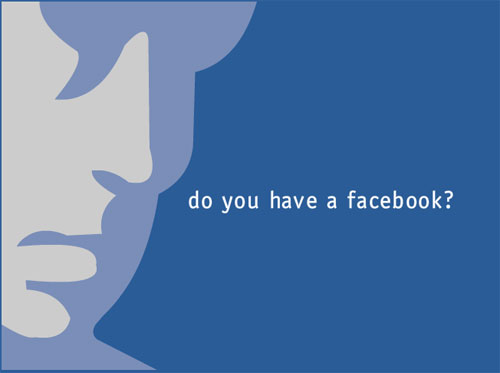What if no one wants to drive to your office?
Back in January I posted a piece titled, 'Will Facebook Kill the Car?', a look and some commentary on research that indicated American teens and twenty-somethings are driving much, much less than previous generations. Shame on you if you don't remember my take from January, but in case you've allowed your own life, work, families, and worldly concerns to interrupt your thinking about what I think, here is a snippet from that piece, (trust me, I have something new to say about this after re-set) - I should have stayed home
I should have stayed home
It turns out American teenagers are driving less than their predecessors, and the article offers some interesting speculation on why that may be the case. From the BBC piece 'Why are US teenagers driving less?'
Recent research suggests many young Americans prefer to spend their money and time chatting to their friends online, as opposed to the more traditional pastime of cruising around in cars.
Here's more from the BBC:
In a survey to be published later this year by Gartner, 46% of 18 to 24-year-olds said they would choose internet access over owning their own car. The figure is 15% among the baby boom generation, the people that grew up in the 1950s and 60s - seen as the golden age of American motoring.
The internet, and by implication the social connections and activities the internet empowers, (mostly via Facebook), is the gateway to freedom, mobility, coolness - all the things that the car used to represent to the teenager or young adult.
Great stuff, no?
But seriously what jogged my memory about that old post was a commentary I caught over the weekend on Forbes.com, penned by legendary Detroit auto executive Bob Lutz. Titled, 'Generation Y Going Nowhere, And They're Fine With That', the piece isn't about Gen Y's career prospects, or lack thereof. Rather, especially seen through the lens of a grizzled and self-proclaimed 'car guy', it's an examination of the fading importance, excitement, and even utility of the car, and more essentially, the diminishing need of Gen Y, (and truly, not just Gen Y), to actually go somewhere, as opposed to experiencing it all virtually and via social networks.
Lutz talks about the social networking serving as a viable and even improved replacement for things like basic social interaction, commerce, entertainment, dating, and just hanging out with a group of friends on a Friday night. From the Forbes piece:
Armed with the capabilities of their ever-more sophisticated iThings, replete with social networking enabling close, immediate exchange of thoughts and experiences with countless “friends,” who needs to actually get in a car and go to a drive-in?
Financial transactions, purchases, games, movies…all rendering travel to banks, stores, sports events or theaters redundant. Generation Y stands at the forefront of the next chapter in mankind’s evolution: experiencing everything while going nowhere.
We mostly think about new technology and the rise of the social web as contributing towards making our experience of the real world better, more complete, and somehow richer. It's fun to live Tweet at an event, and to share on Instagram and Facebook that killer Key Lime Pie you just made. And when we can't actually be somewhere, we can at least partially experience the real world through the what is being shared online by those who are.
But Lutz takes the argument to its next stage of progession and certainly while coming off a bit old-fashioned and 'get off my lawn-y', he at least raises an interesting question for anyone tasked with mobilizing the next generation to actually go somewhere and be physically present somewhere.
What if they simply would rather stay on the couch, connected to everything and everyone they need, with their iPhones, iPads, Google Glasses, and the dozens of better gadgets that are sure to come?
What if you opened an office or workplace and nobody came?
Sound crazy to you? Maybe it is.
Well even the NFL, the most popular sport in America, is having trouble getting people to actually come to the games. And I bet your office isn't nearly as fun as the Dawg Pound.
Happy Monday!

 Steve
Steve

